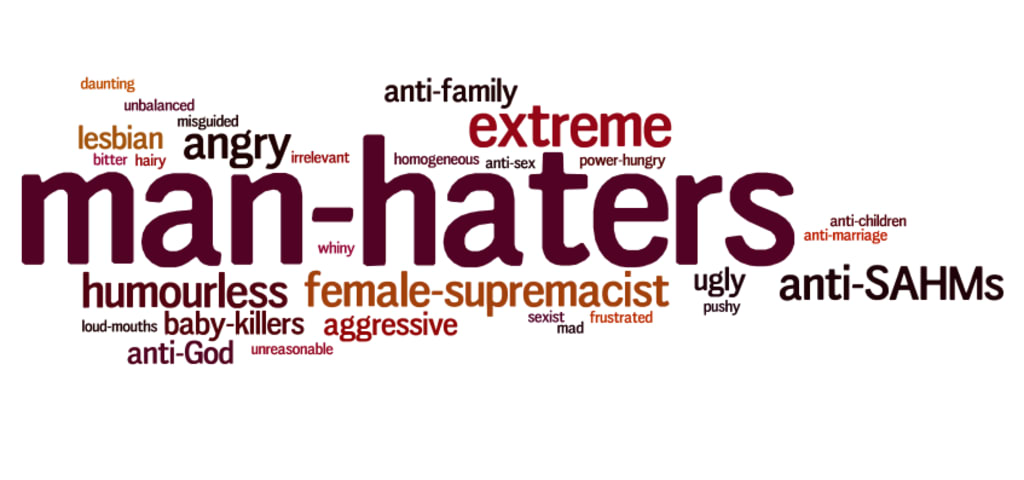
Growing up I never gave much thought to the word feminism or the works of feminists. Instead, I believed that feminism wasn’t needed since women in contemporary Western societies had more freedom now than at any other times in history. My beliefs about feminism were informed by the readily available stereotypes circulating in society that characterize feminists as angry women, man haters, ugly women, outspoken women, and many other negative descriptive words. Listening to the connotations surrounding feminism, I was convinced that I wasn’t a feminist, for ‘I didn’t hate men, I wasn’t angry, I wasn’t ugly; I was contented.' All this further confirmed what I already knew: that I wasn’t a feminist. Moreover, none of the people I surrounded myself with claimed to be feminists, so labelling myself as a non-feminist made perfect sense.
These thoughts about feminism continued to be with me until my second year of University, when a good friend of mine asked why I didn’t think feminism mattered. I tried articulating my thoughts to her, but found that my reasons weren’t informed or adequate. In fact, the more we talked the more I realized that I didn’t even know the proper definition of a feminist. One day while watching a few TED Talks I came across Chimamanda Ngozi Adichie’s “We Should All Be Feminists." Listening to Chimamanda speak opened my eyes to the truth, importance, and reality of being a feminist. She defined feminist as a “Man or woman who says, ‘Yes, there’s a problem with gender as it is today, and we must fix it, we must do better.'" Chimamanda’s passion, clarity, experience, and works continue to inspire and challenge my understanding of what it means to be a feminist.
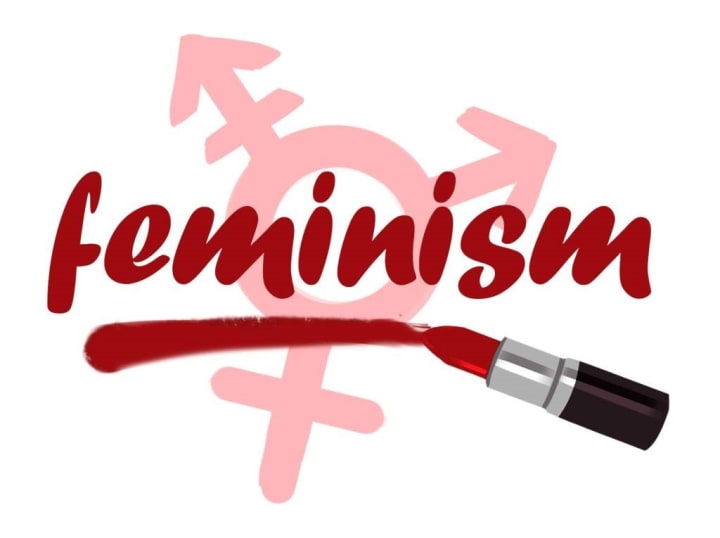
I must admit that even before I watched and read Chimamanda’s “We Should All Be Feminists," Laura Bates's Everyday Sexism or Roxane Gay’s Bad Feminist I was deeply aware of problems with gender in my society. I am beginning to realize that the problem with gender is a deeply ingrained one. In fact, it was so embedded in me that it was hard for me to realize that everyday sexism, blatant jokes, the nuances around sex, and even jokes/stereotypes made on television about women weren’t normal or okay. Now that I’ve become more aware of the gender problem, I seem to see it everywhere. I see it in the man parked by the side of the road who stares and makes rude and objectifying remarks about a girl/woman’s body. I see it in discussions on rape and the question "What was she wearing?" or the comment "With that outfit, out that late, she was asking for it," which seem to justify the actions of the offender and disregard the realities that women have had to live in as a result of rape.
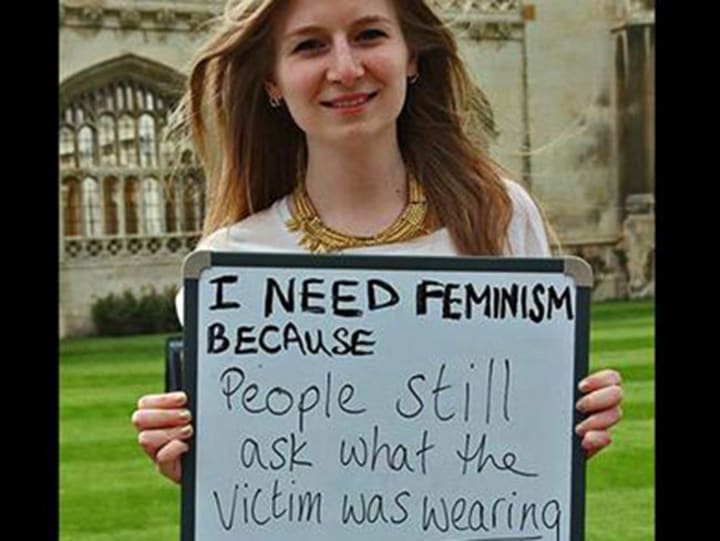
I read it on the website The Everyday Sexism Project where women from around the world share their daily experiences with sexism and the impact it has on their lives. I experience it daily as I walk alone, often finding myself looking right and left, quickening my steps until finally releasing a breath of relief as I catch sight of my house. The examples above are just some of the problems with gender in society today. They have shown me the relevance of feminism for today. They have opened my eyes to see that everyday sexism isn’t normal or okay; rather, an issue that needs to be tackled by men, women and people everywhere, everyday! These issues of gender and many more are why I am proud to call myself a feminist! I am a proud feminist and I echo with Chimamanda in saying “Yes, there’s a problem with gender as it is today and we must fix it, we must do better”.
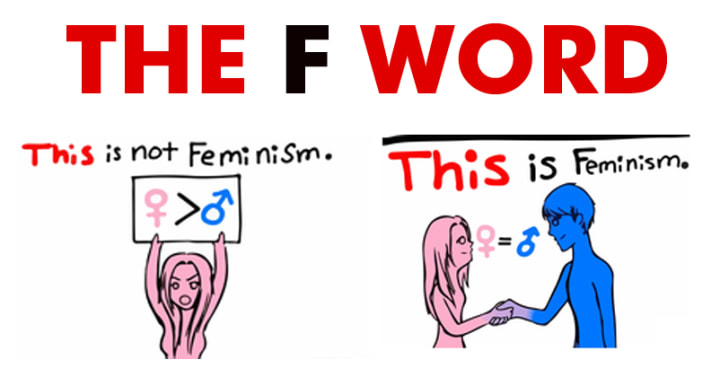
Feminism isn't about hating men and wanting a world free of men. It isn't about hating, bad mouthing, envying, and slandering other women. It's about people of all nationality, background, language and experiences working to transform our world a step at a time. It's about recognizing the problem and finding solutions. It's about campaigning, educating, and strategically working to better the lives of all people everywhere. Feminism is about bringing about transformative change to a society that massively needs it. Feminism is about seeing the value and worth in all people and working to ensure that the societal, institutional, political and cultural systems protect and acknowledge the worthiness of all people. Lastly, it's about having the courage to stand up and challenge inequalities in all its forms.
About the Creator
Jasmine
A passionate writer, an exercise enthusiast, a perpetual learner and an avid tea drinker xx


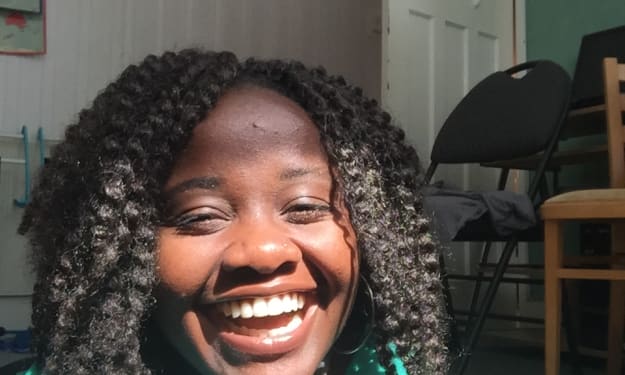



Comments
There are no comments for this story
Be the first to respond and start the conversation.